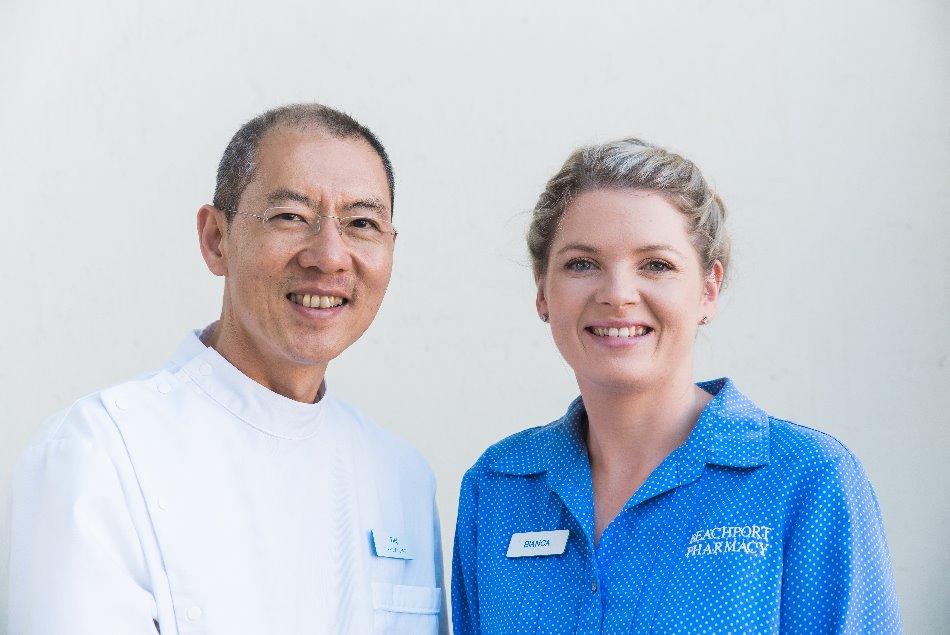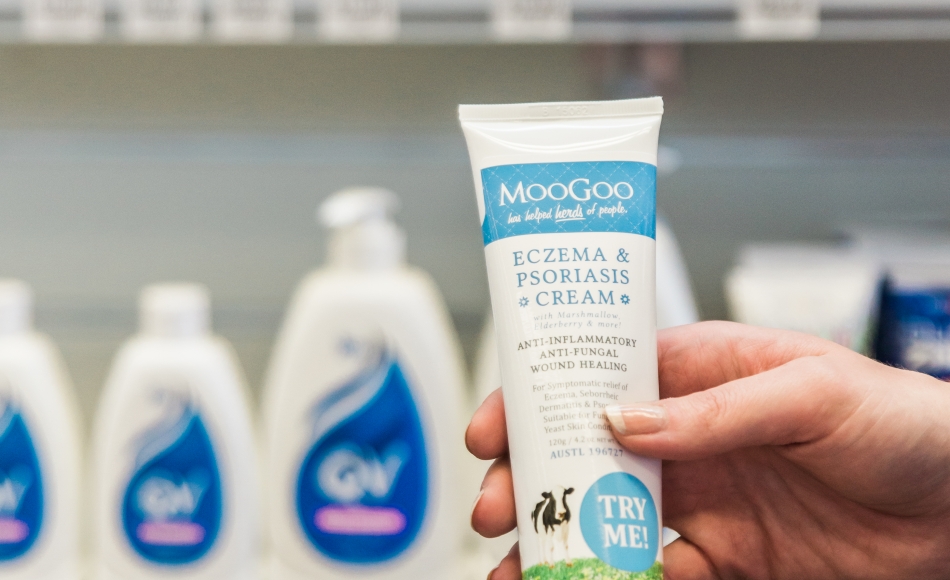Aug
2014
Lifestyle Factors affecting Fertility
1423 - Lifestyle factors affecting fertility - 26th August 2014
Many Australians would like a family, and they often have an idea how many children they would like. Unfortunately, around 9 per cent of Australian couples have difficulty conceiving. Key lifestyle factors which can affect fertility include age, weight, smoking, alcohol use and timing of sex. Knowledge about key fertilpadity factors can mean a huge difference to conceiving or not.
During Fertility Week, 1–7 September, we are being urged to become more aware of fertility and factors affecting it. Factors which many people are unaware of are the effect of caffeine, alcohol and tobacco.
The Fertility Society of Australia (yourfertility.org.au) produces a range of information dealing with caffeine, alcohol and tobacco. The Society points out that there is an increasing body of evidence that these lifestyle factors can adversely affect fertility. These factors can be modified, so making a few healthy lifestyle changes can make it easier to conceive.
Both active and passive smoking reduce male and female fertility, and are harmful for the growing baby. It has also been found that male and female smoking significantly reduces the chance of conception, live birth rates and increases the risk of miscarriage. It is recommended that men and women, who smoke and wish to conceive, stop smoking. For couples where one or both partners smoke, factual information about the risks of smoking and active support to stop smoking can be obtained from your local pharmacy. This includes treatment with Nicotine Replacement Therapy.
Based on existing evidence, recommendations also suggest women try to limit their caffeine intake to the equivalent of 1–2 cups of coffee per day. Additionally, current recommendations are that women trying to conceive, and pregnant women, should avoid drinking alcohol all together.
The Fertility Society of Australia also has information on the impact of exercise on fertility. The Society reports there is some evidence that moderate exercise benefits fertility, while high intensity and high frequency exercise may adversely affect fertility. For men and women who are overweight or obese, achieving and maintaining a modest weight loss may improve fertility and will improve other obesity-related health problems.
All couples trying to conceive should consider Australia's Physical Activity and Sedentary Behaviour Guidelines for Adults. These guidelines suggest consulting your doctor for advice on the best types of physical activity for you. Activity can be accumulated by being active on most, preferably all, days every week.
To start, each week:
150 minutes (2 ½ hours) of moderate intensity physical activity
Increasing to:
300 minutes (5 hours) of moderate intensity physical activity
Moderate intensity activities take some effort, but you are still able to talk while doing them. For example - a brisk walk, recreational swimming, dancing, social tennis, golf, household tasks like cleaning windows or raking leaves, or pushing a stroller.
Finally, keeping a daily record of your menstrual cycle can help you recognise when you are more fertile in order to plan a pregnancy.
Your local pharmacy is your health destination and your pharmacist can provide advice on fertility issues including quitting smoking, exercise and losing weight. Many pharmacies also offer services to assist you with these health issues. Your local pharmacy can also provide you with products used to monitor your ovulation cycle.
Pharmacies providing the Pharmaceutical Society of Australia’s Self Care health information have a range of helpful Fact Cards including Pregnancy and Ovulation, Staying a Non Smoker, Weight and Health and a Menstrual Chart.
For the nearest Self Care pharmacy location phone the Pharmaceutical Society of Australia on 1300 369 772, or go to www.psa.org.au: ‘Supporting practice’ then ‘Self Care’, and then ‘Find a Self Care pharmacy’.


















